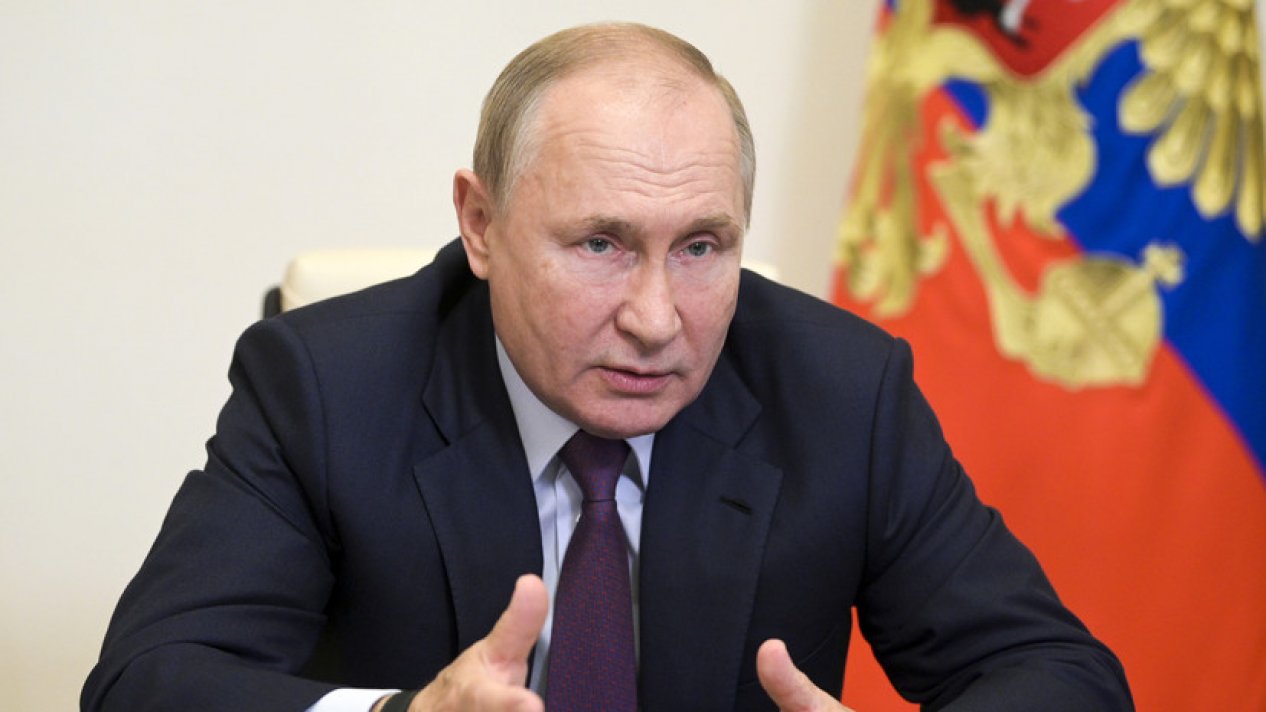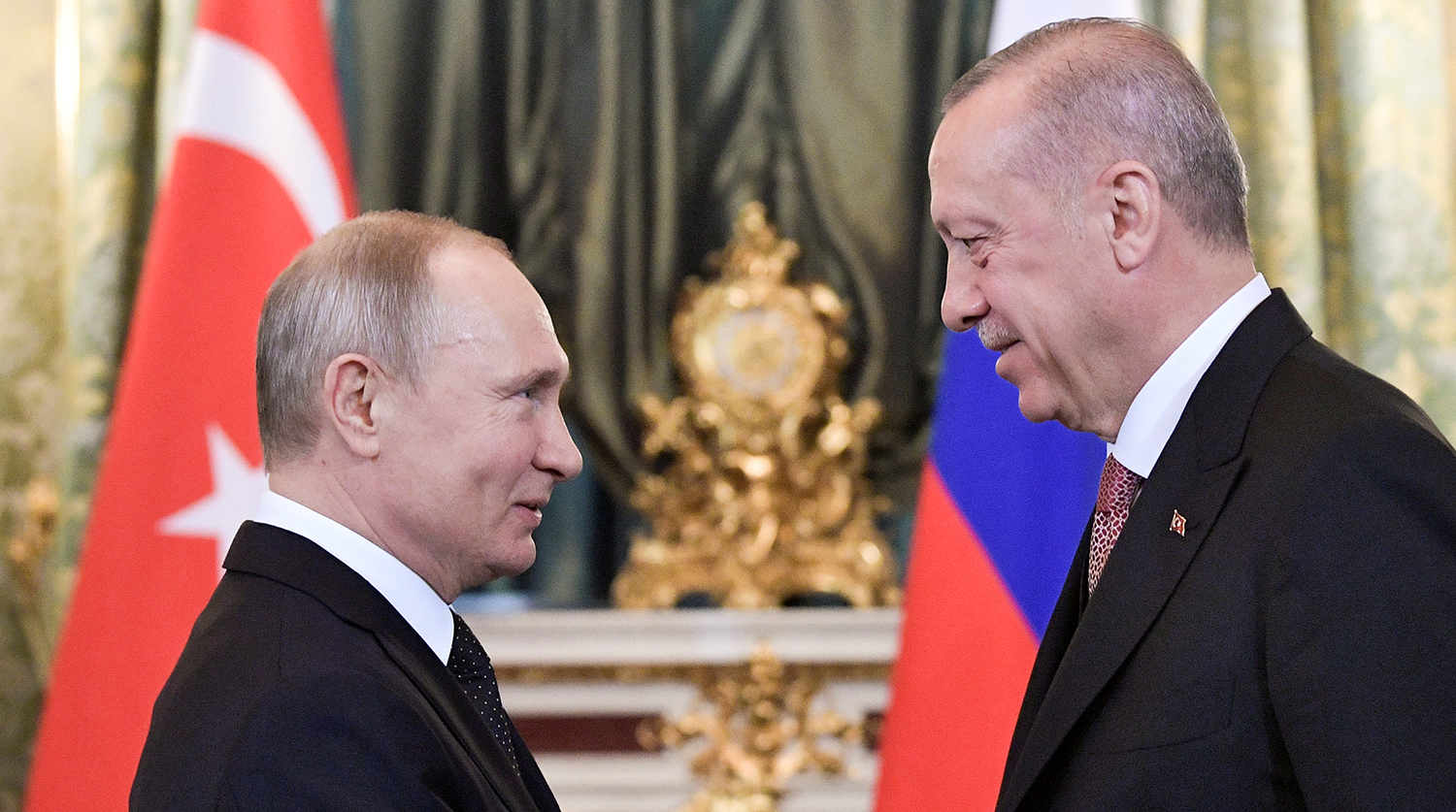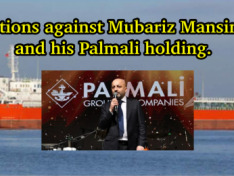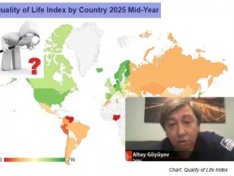
On September 29, the presidents of Russia and Turkey, Vladimir Putin and Recep Tayyip Erdogan, held three-hour talks in Sochi city in a one-on-one format.

Apart from other issues, the issue of Karabakh was also discussed. During the conversation, President Putin gave way to “a slip of the tongue” in his speech, and the Armenian media started spreading this news fast.
On September 29, Russian President Vladimir Putin, at a meeting in the Sochi residence Bocharov Ruchey with President of Turkey Recep Tayyip Erdogan, said: “The Russian-Turkish center for controlling the ceasefire on the border between Azerbaijan and Armenia is actively operating.”
The Joint Russian-Turkish Center for Control over the Ceasefire and All Military Operations in the Nagorno-Karabakh Conflict Zone is located in the liberated Aghdam district, practically on the contact line...
In fact, Putin said that Karabakh is Armenia.
We will try to find out what opinion the Russian president really adheres to on the Karabakh issue and whether the Armenian side should draw far-reaching conclusions from Putin’s speech mistake.
The territory of Karabakh from the standpoint of international law is a part of Azerbaijan, Russian President Vladimir Putin said in December last year at an annual press conference.
"Armenia did not recognize the independence and sovereignty of Nagorno-Karabakh," Putin stated. "This meant that, from the point of view of international law, both Nagorno-Karabakh and all the regions adjacent to it were and are an integral part of the territory of the Republic of Azerbaijan."
Putin pointed out that this was Russia’s position within the OSCE Minsk Group on the settlement of the Karabakh conflict. "This is how our position was built in the Minsk Group, co-chaired by Russia, the United States and France," the Russian president said.
"From the international legal point of view, all these territories are an integral part of the Republic of Azerbaijan. This is how our position was built in the Minsk Group, where Russia, the United States, and France are co-chairs. For many years, we have always assumed that the seven held areas around Nagorno-Karabakh should be returned to Azerbaijan," he said at an annual news conference in Moscow.
Putin noted that the terms of membership in the Collective Security Treaty Organization (CSTO) didn’t stipulate that Russia would intervene in the conflict. The treaty provides for the provision of mutual assistance in the event of aggression against a member state of this treaty. As Putin noted, no one encroached on the territory of the Armenian Republic, which did not give Russia any right to take part in hostilities.
Earlier, Putin named the purpose of Russia's participation in resolving the situation in Karabakh. He said that millions of Armenians and Azerbaijanis live in Russia. Moreover, there is a centuries-old connection between Moscow, Baku and Yerevan, the head of state noted.
"Turkey was originally a member of the OSCE Minsk Group on the Karabakh settlement. So, it was within an international institution, an international settlement mechanism," Putin said.
“Turkey’s actions in the Karabakh issue may be qualified in whatever way, but it [Turkey] can’t be accused of violating any international law,” Vladimir Putin said.
He pointed out that Turkey was a member of the Minsk Group on the Nagorno-Karabakh settlement from the very beginning but was never granted a co-chair status.
And finally, let’s remind the territory of which country Karabakh is recognized by the international community.
On June 20, 2020, the European Parliament adopted Resolution 2019/2209 (INI) entitled “European Parliament recommendation to the Council, the Commission and the Vice-President of the Commission / High Representative of the Union for Foreign Affairs and Security Policy on the Eastern Partnership, in the run-up to the June 2020 Summit.”
The document was prepared by the MEP from Lithuania Petras Austrevicius with the participation of co-rapporteurs Radoslaw Sikorski, Anna Fotyga (both Poland), Attila Ara-Kovacs (Hungary) and Marketa Gregorová (Czech Republic).
In the preamble of the document, reference is made to the European Parliament Resolution 2009/2216 (INI) “On the need for an EU Strategy for the South Caucasus,” adopted on May 20, 2010. In paragraphs 8 and 10 of this resolution, the territories occupied by the Armenian forces were called “occupied.”
In the new resolution of the European Parliament, as in the previous document 10 years ago, there is no mention of the “right to self-determination.”
The draft document read: “the independence, sovereignty and territorial integrity of the EU’s Eastern European Partners are still imperiled by unresolved regional conflicts...” It calls for the immediate withdrawal of foreign troops from all occupied territories. This item applies to all the countries participating in the Eastern Partnership, on whose territory the occupation troops are deployed, and, accordingly, to Azerbaijan, whose territories are occupied by Armenia.
The document expresses the EU's support for the sovereignty, territorial integrity and political independence of the Eastern Partnership member states “within their internationally recognized borders”. It also calls "to assist them in such efforts."
UN General Assembly Resolution 62/243 titled "The Situation in the Occupied Territories of Azerbaijan" was adopted on March 14, 2008 by the UN General Assembly at the 86th plenary meeting.
The resolution reaffirmed "continued respect and support for the sovereignty and territorial integrity" of Azerbaijan "within its internationally recognized borders", demanded the "immediate, complete and unconditional withdrawal of all Armenian forces from all the occupied territories of Azerbaijan", and emphasized that "no state shall render aid or assistance" to maintain the occupation of Azerbaijani territories.
The same wording is contained in the UN Security Council resolutions adopted in 1993:
"Reaffirming the sovereignty and territorial integrity of the Azerbaijani Republic and of all other States in the region, Reaffirming also the inviolability of international borders and the inadmissability of the use of force for the acquisition of territory."
Thus, we have proved that Putin’s words were just an accidental slip of the tongue, and nothing stands behind it. The territories occupied by Armenia before the second Karabakh war have always been recognized by the international community as an integral part of Azerbaijan.




















